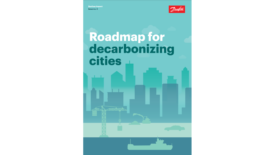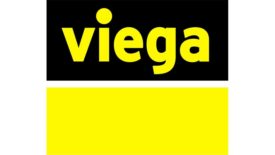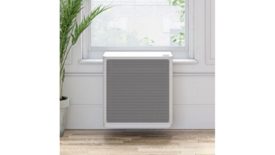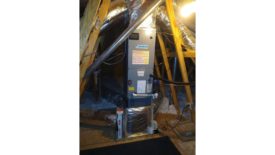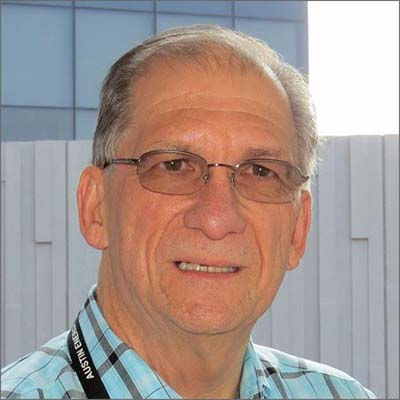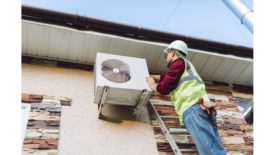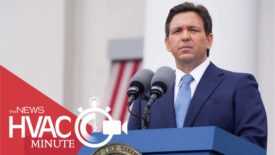Home » decarbonization
Articles Tagged with ''decarbonization''
New whitepaper from Danfoss lays out new roadmap for decarbonizing cities
Read More
Hot New Cooling Technologies
Many HVAC innovations focus on humidity control to increase efficiency and reduce emissions
Read More
Contractors Share How They’re Capitalizing on the IRA
While the bill has gained an inordinate amount of hype, it bears asking: What impact is the IRA actually having on HVAC contractors’ bottom lines?
Read More
Heat Pumps a Popular Alternative for K-12 Schools
After payroll, utility spending tops most school districts’ budgets
Read More
DeSantis Nixes IRA Rebates for Florida Residents
An HVAC Minute Video Update: September 4, 2023
Read More
Copyright ©2025. All Rights Reserved BNP Media.
Design, CMS, Hosting & Web Development :: ePublishing
